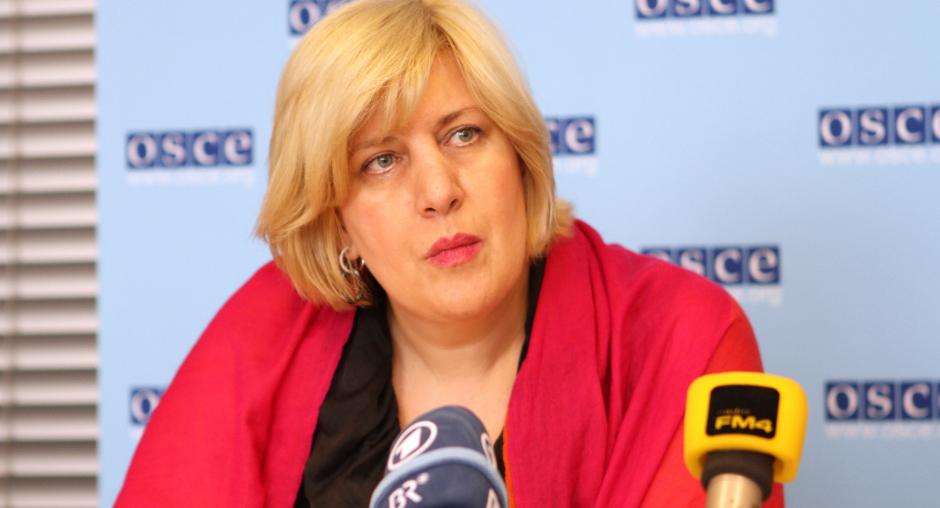OSCE Media Freedom Representative calls upon Turkey to release imprisoned journalists, reform media legislation

VIENNA, 14 September 2010 - Dunja Mijatovic, OSCE Representative on Freedom of the Media, called upon Turkey today to release imprisoned journalists and implement the much needed media legislation reform in the country.
"My Office has been monitoring with growing concern the increase in number of ongoing lawsuits that threaten journalists with imprisonment in Turkey," Mijatovic wrote in a letter to Foreign Minister Ahmet Davutoglu. "Currently there are more than 40 journalists in prison, and hundreds of others are facing lawsuits with potential imprisonment if convicted."
"These figures make reporting on issues of public interest especially dangerous. The threat of prison can hinder critical reporting, which is indispensable in a democracy," she added.
Mijatovic said she was pleased that on 3 September Minister Davutoglu announced to work on the necessary legal amendments in order to avoid trials on freedom of expression at the European Court of Human Rights. She offered her Office's assistance in this endeavour.
The Representative said that many journalists face prison sentences for reporting on sensitive issues, for publishing classified documents, or for speech critical of the authorities. She stressed the need of a balanced approach to reporting on sensitive issues, including terrorism: "My Office fully acknowledges the threat posed by terrorism to national security and the need to fight it; at the same time, we also stress the right of the public to know of matters of public importance. Combating terrorism should not be used by governments to restrict media freedom."
Referring to prison sentences for publishing classified information, Mijatovic said that "criminal sanctions for breach of secrecy should only apply to the officials who have a duty to protect the secrets. The criminalisation of breach of secrecy committed by non-officials, including journalists, could deprive the people of important information of public interest, and thus it endangers investigative journalism."
